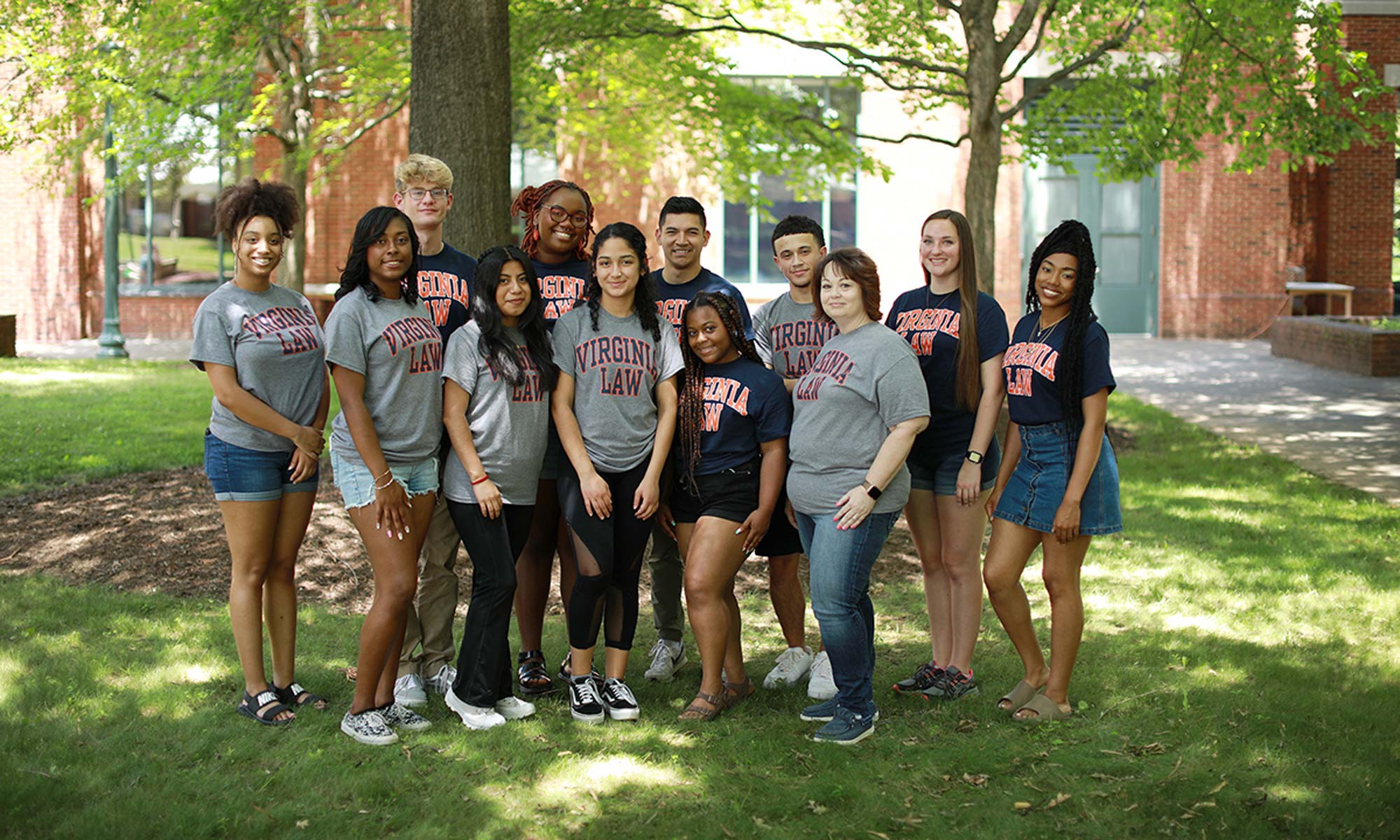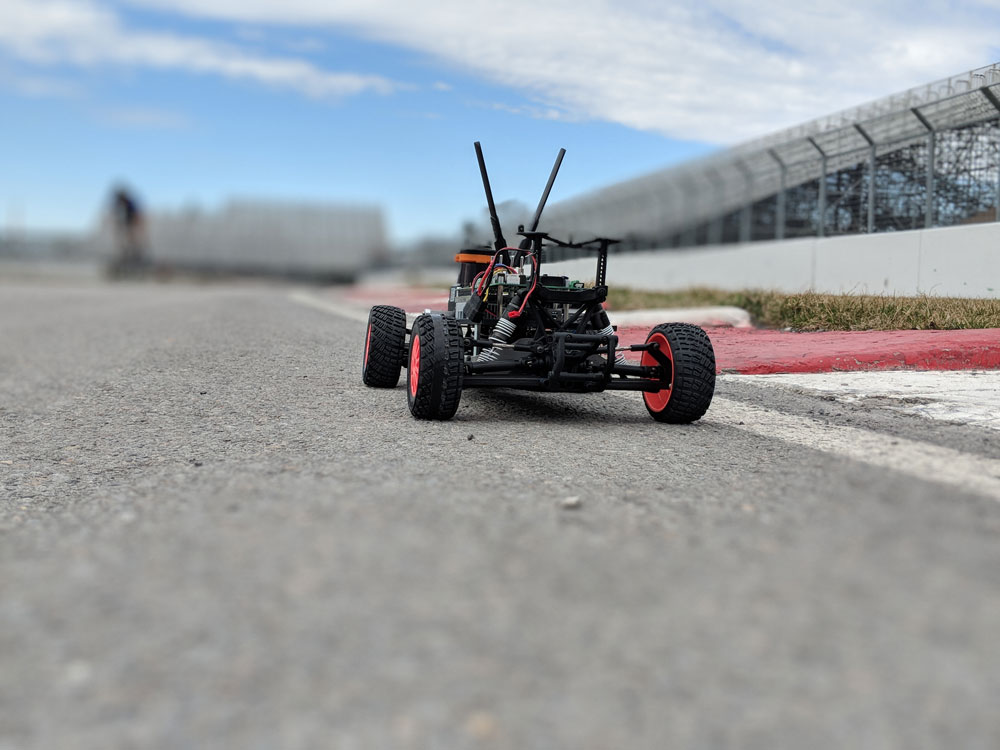Infrastructure. It’s becoming a bit of a buzz word, but what does it actually mean? According to the Oxford dictionary, it comprises “the basic physical and organizational structures and facilities (e.g. buildings, roads, power supplies) needed for the operation of a society or enterprise.” So infrastructure is…everything!
 Will Pike (Engr ’16) serves as a regional vice president at Pike Corporation, which is described as “a leading provider of turnkey infrastructure solutions for electric and gas utilities, as well as telecommunications companies.” So, what does “infrastructure” mean today and what does the future hold? The Trust Staff asked Will Pike to find out.
Will Pike (Engr ’16) serves as a regional vice president at Pike Corporation, which is described as “a leading provider of turnkey infrastructure solutions for electric and gas utilities, as well as telecommunications companies.” So, what does “infrastructure” mean today and what does the future hold? The Trust Staff asked Will Pike to find out.
Jefferson Trust: What’s happening in infrastructure?
Will Pike: Infrastructure has certainly been a big conversation topic nationally, and events such as Winter Storm Uri in Texas last February and President Biden’s legislative agenda have brought critical infrastructure even more into the spotlight. Our company actively serves hundreds of utilities and cooperatives across the nation, and I can say, without question, this is the most exciting time to be in our space. The levels of investment in grid modernization and hardening coupled with a focus on technological innovation are unprecedented. These opportunities do not come without their challenges though. Our industry faces an aging skilled workforce and must continuously seek new ways to attract and develop the talent of tomorrow.
Jefferson Trust: What does the future of our electric grid look like?
Will Pike: We will continue to see technology as the driving force for not only the operation and resiliency of the grid, but also more broadly in the context of how work is performed and how critical infrastructure personnel collaborate in real time across complex systems and large geographies. With my engineering background, I’m particularly excited by the opportunities for software and data science innovation. These two areas will be critical to empowering people to accomplish more with the tools they have at their disposal and developing more data-driven approaches to skills assessment and development, which will help to compress the overall training curve for future infrastructure workers.
Jefferson Trust: Is renewable energy a big driver?
Will Pike: The landscape of energy generation changed over the last decade with greater focus on distributed energy resources, such as wind, solar and battery storage. We have been heavily involved with solar projects as well as battery storage, which we see as a critical part of the future grid. The combination of smart grid technology and storage resources, such as large-scale battery storage, will better equip utilities to manage peak demand scenarios as well as provide sustainable reliability and resiliency improvements. We are also following the advancement of electric vehicles very closely and see considerable opportunity in the buildout of charging infrastructure and the possibility to leverage EVs as distributed energy resources.
Jefferson Trust: What role does/can UVA play in this space?
Will Pike: I think the University is extraordinarily well-positioned to be a catalyst for infrastructure advancement given its extensive depth across disciplines, access to industry leaders and policymakers, and highly respected national reputation. Students at the University are also fortunate to have such a strong and diverse alumni network, which is an incredible resource for anyone interested in pursuing careers or launching entrepreneurial ventures related to infrastructure.





 Will Pike (Engr ’16) serves as a regional vice president at Pike Corporation, which is described as “a leading provider of turnkey infrastructure solutions for electric and gas utilities, as well as telecommunications companies.” So, what does “infrastructure” mean today and what does the future hold? The Trust Staff asked Will Pike to find out.
Will Pike (Engr ’16) serves as a regional vice president at Pike Corporation, which is described as “a leading provider of turnkey infrastructure solutions for electric and gas utilities, as well as telecommunications companies.” So, what does “infrastructure” mean today and what does the future hold? The Trust Staff asked Will Pike to find out.